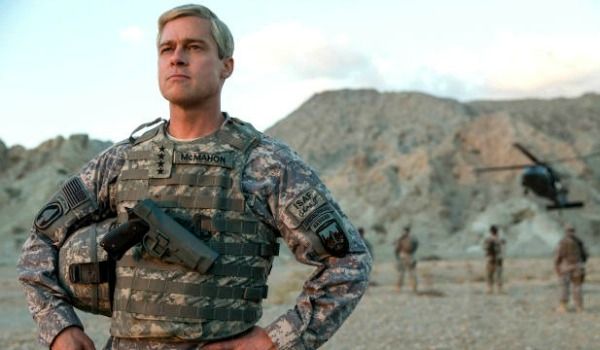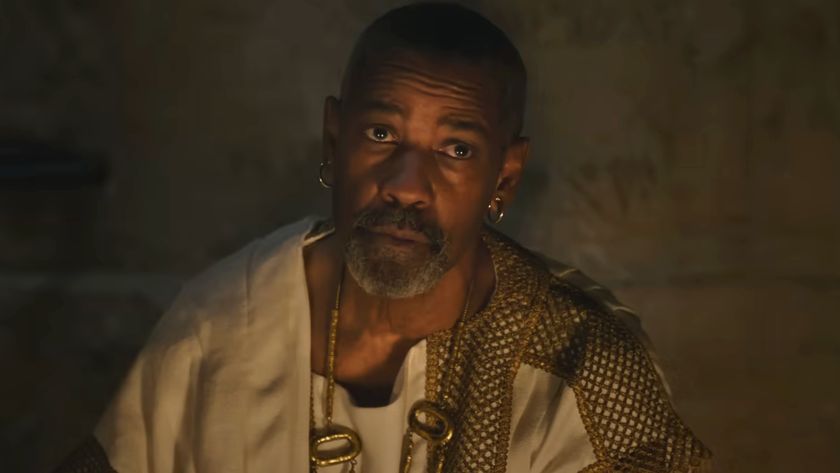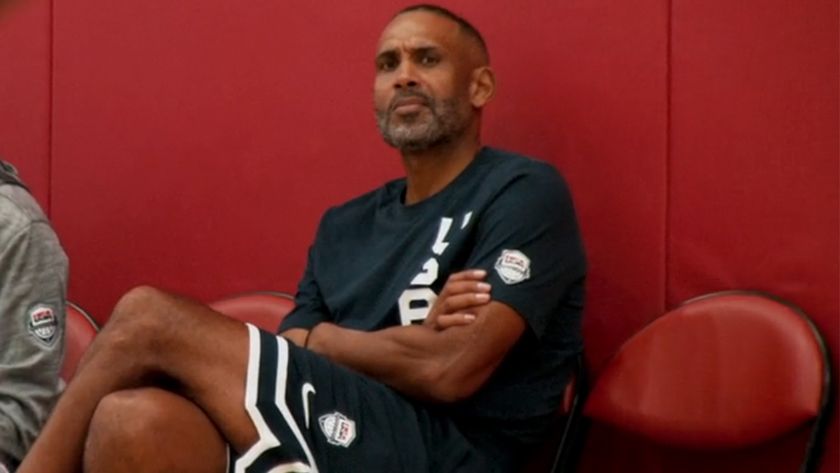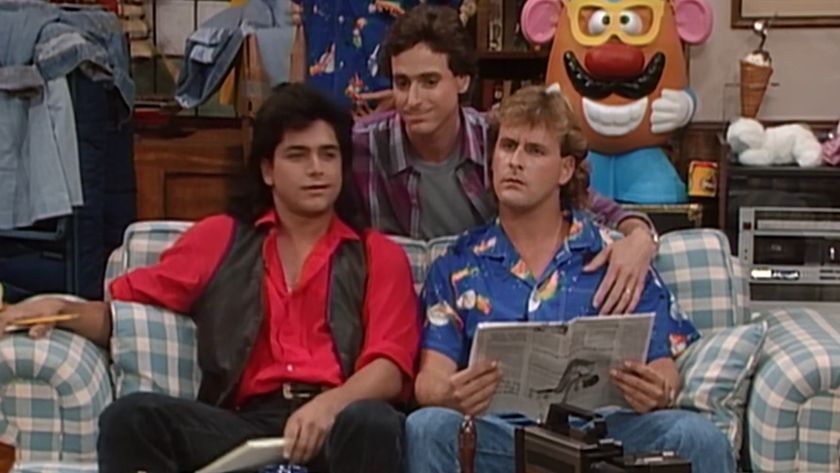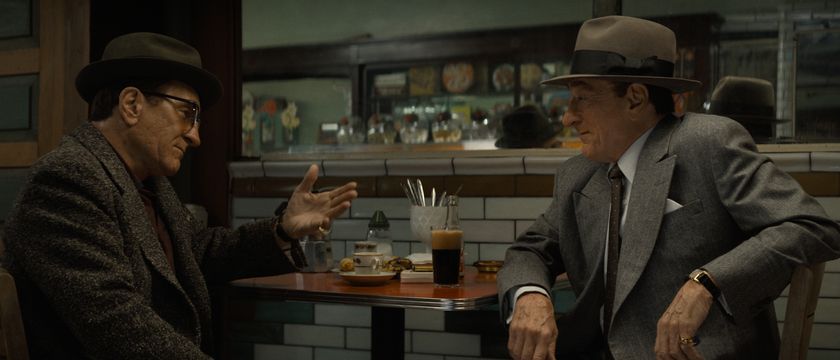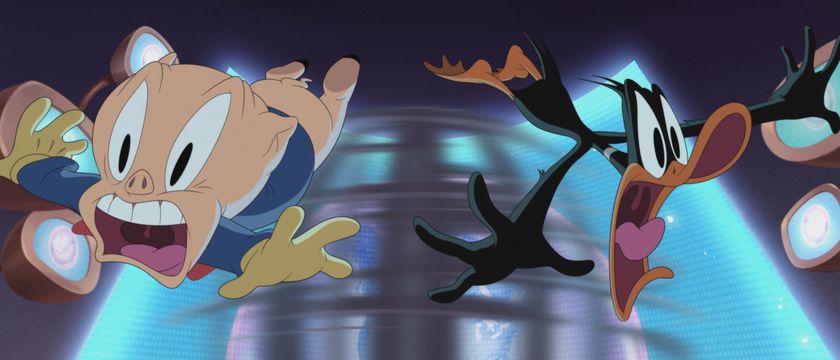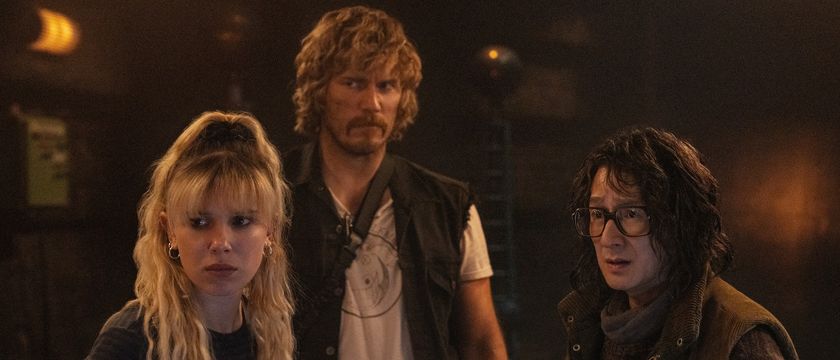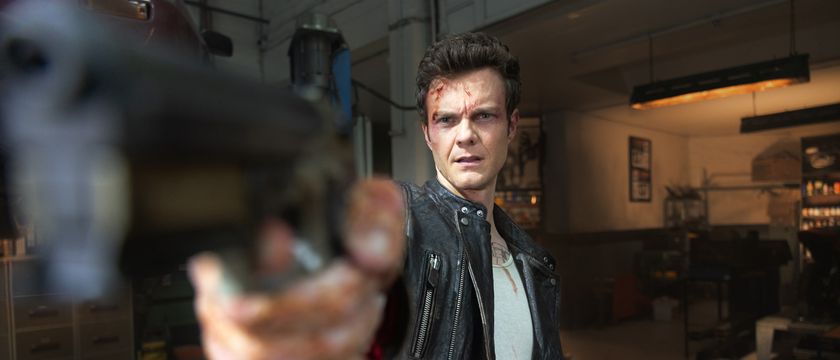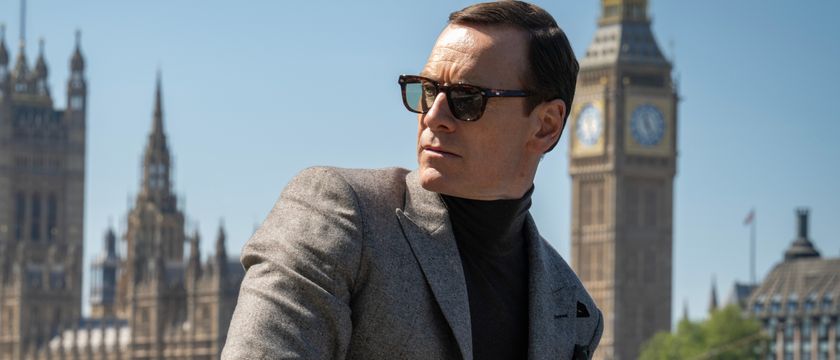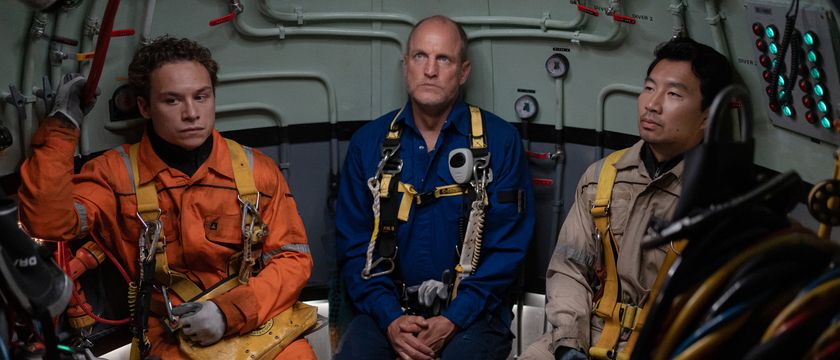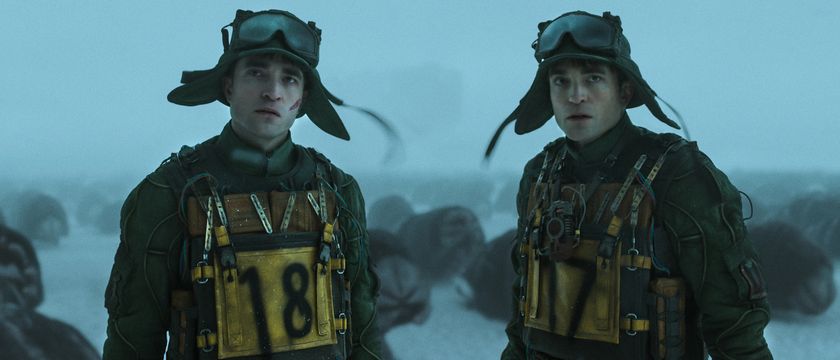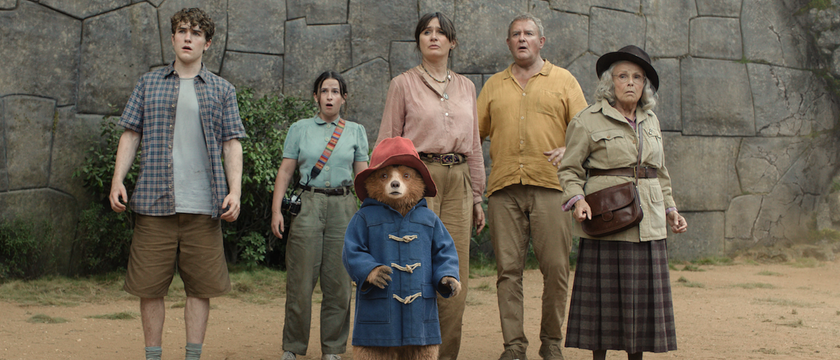For a film packed with so much bravado, you can't quite shake the feeling that War Machine doesn't really know what to do with itself. That doesn't hinder its progress all that much during its opening hour, as writer and director David Michod is able to bring Michael Hastings' book The Operators, and its exploration of General Stanley McChrystal and the Iraq war, to the big-screen in an illuminating and insightful manner. But War Machine ultimately takes a few too many wrong turns with its narrative choices, dovetailing away from what made it so compelling, which sucks the wind out of its sails.
While War Machine is indeed based upon Michael Hastings' documentation of his travels with General Stanley McChrystal and his team in Iraq in April 2010, all of the names involved have been changed. Instead, Brad Pitt plays Four-star General Glen McMahon, who is sent to Afghanistan to try and bring the war to an end. He decides to do this by adopting the controversial Counter-insurgency method, but soon realizes that he'll also have to be politically savvy and use the media to his advantage in order to get the troops he desires.
When War Machine is in Iraq, director David Michod is actually able to neatly simplify the complexities that went into trying to bring the war to an end, something that most other films of this ilk fail miserably at. It even presents this information in an entertaining, dramatic, and genuinely laugh out loud fashion. War Machine particularly excels when it details how Glen McMahon (Brad Pitt) confronted the stagnation of America's involvement in Iraq, all of which gets you behind the character. That doesn't really last, though, as Pitt's performance simply feels like a slightly toned down take on his work in Inglourious Basterds, mixed with an impression of George C. Scott's Patton. It's neither memorable nor unremarkable. Just so-so, and it means that War Machine is able to coast without the character ever really hooking us.
Alongside Brad Pitt's Glen McMahon, David Michod assembles a strong ensemble that is able to impress despite their relative lack of screen-time. As well as Academy Award-winner Ben Kingsley as President Hamid Karzai, there's Anthony Hayes, Emory Cohen, RJ Cyler, Topher Grace, Scoot McNairy, Keith Stanfield, Will Poulter, Meg Tilly, and Tilda Swinton. But it is actually 80s screen stars Anthony Michael Hall, as McMahon's doggedly loyal and macho right-hand man, and Alan Ruck, as the conniving politician looking to keep McMahon in check, that leave the biggest impressions.
But while the bromance between the soldiers, and their dedication to General McMahon is endearing, David Michod's decision to overly explore the damage McMahon's military career has done to his marriage ultimately slows the film to a snail's pace, while the exploration of the political machinations in Europe sees War Machine become a little aimless, lost, and dragging.
Its return to Iraq, and a particularly enthralling battle sequence, makes sure it ends brightly, especially as War Machine might actually feature the best final shot of the year. But, ultimately, War Machine is too bloated to make a huge impact, even though it is still detailed and informative enough to be an intriguing, sometimes even intense, watch. This might not be the ultimate proof of the Netflix revolution, but it suggests that they're very much heading in the right direction.
